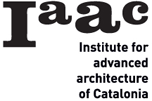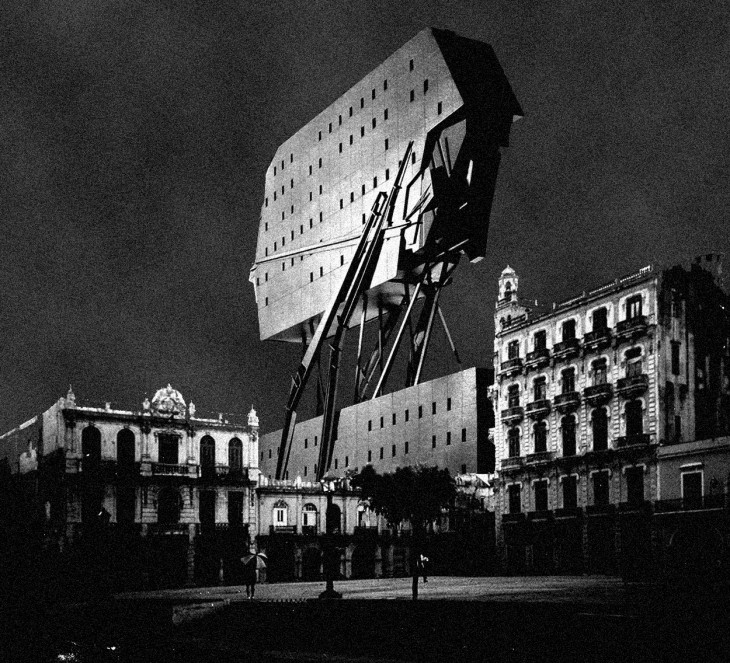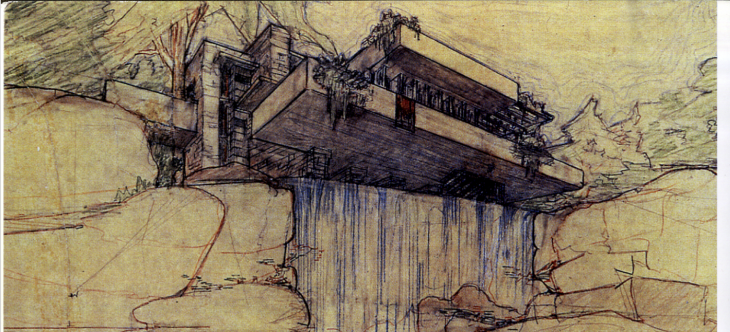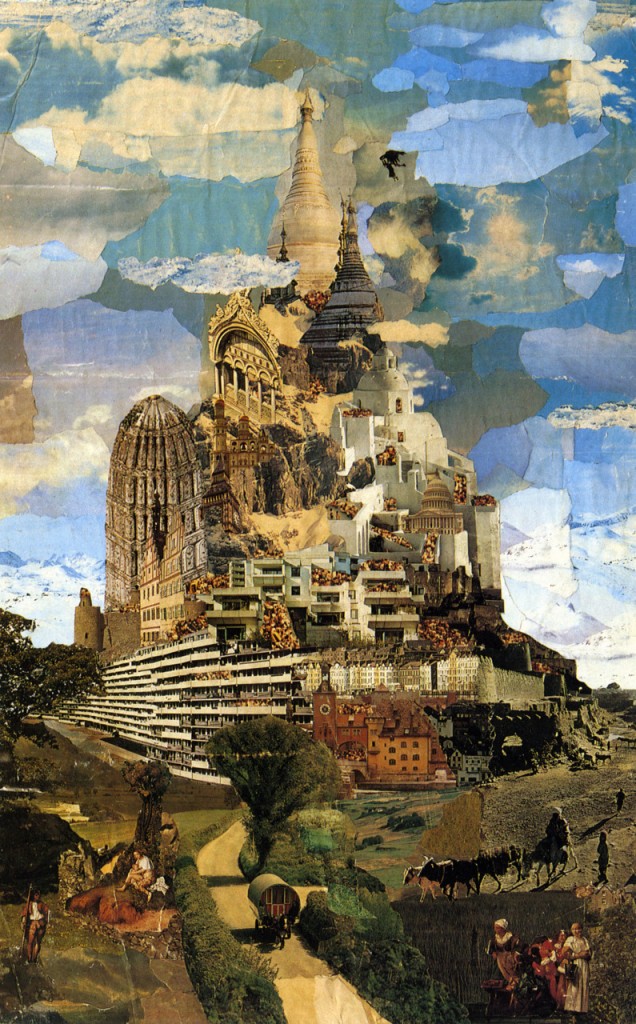The concept of atmosphere troubles architectural discourse- haunting those that try to escape and eluding those that chase it.’
Atmosphere is an instant form of physical perception. When certain people saw themselves as architects of atmosphere, others saw it as a collective projection of sensorial qualities under a singular perception, which can vary from person to person (thus controlling atmosphere beyond the hands of the architect). In this text Mark Wigley tries to reflect the subjective definitions of atmosphere and its creation and reactions in to the space we live in.
Frank Lloyd Wright, who saw himself as architect of atmosphere,in his sketches tried to show the atmospheric aura produced by designs with wavy blue lines of sky that echo the shape of the building and trees, thus resulting the design harmony with the intangible element of atmosphere.He argued that a good atmosphere is produced by integrating every single detail according to a singular vision .
Mean while, Gottfried Semper argues that architecture is a stage set that produces sensuous atmosphere and to erect architecture is to prop up a surface, which produce atmosphere. At the same time, Situationist tried to exploit the radical potentials of atmosphere by proposing the removal of indistinct border zones between intense ambiences, by playing with different possibilities of atmospheres and decors.
Mark Wigley ends the note with the statement that it is a fragile illusion that architecture is more than an effect, the illusion that the atmosphere can be controlled, which leads us to the very first statement.
After going through the text , I would like to explore the possibility of interplaying between the two atmosphere and the boundaries created (such as tension between the exterior and interior, between two buildings.) .



